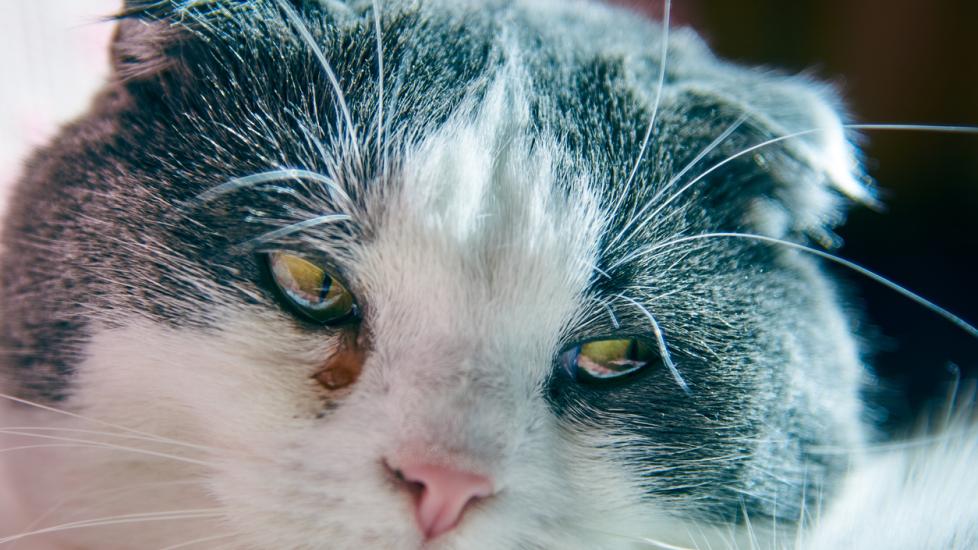 Understanding the Cause of Watery Eyes in Your Feline Friend
Understanding the Cause of Watery Eyes in Your Feline Friend
The gentle, soulful eyes of our feline companions often reflect their mysterious and captivating personalities. However, when those enchanting orbs become accompanied by a constant trickle of tears, it can be a cause for concern among pet owners. In cats, watery eyes, also known as epiphora, is a common condition that can stem from various underlying reasons. As an attentive caregiver, understanding these causes is crucial to providing your cat with proper care and treatment. This article aims to shed light on the most prevalent factors leading to teary-eyed kitties and offer practical advice to ensure they maintain bright, healthy peepers.
Allergic Reactions: A Common Cat Companion’s Conundrum
Just like humans, cats can suffer from allergies that manifest through watery eyes. These allergic reactions may be triggered by environmental allergens such as pollen, dust mites, mold spores, or even certain ingredients found in foods. If you suspect an allergy might be at play, keeping a close eye on when the symptoms occur—such as after outdoor activities during peak pollen seasons or following dietary changes—can provide valuable clues. Consulting with a veterinarian about potential allergy testing options can help identify the exact trigger and recommend appropriate treatments.
Infection and Irritation: Keeping Those Peepers Clean
Bacterial infections or irritants within the eye itself can lead to excessive tearing. Bacteria can find their way into the delicate tissues surrounding the eye if grooming habits are not maintained properly. Additionally, foreign objects like grass seeds or debris could potentially cause irritation. Regularly checking your cat’s face for signs of infection or redness and promptly addressing any issues with veterinary intervention is key. Maintaining good hygiene practices, including regular ear cleaning to prevent ear infections that can spread to the eyes, goes a long way in preserving your cat’s ocular health.
Congenital Defects and Anatomical Abnormalities: The Importance of Early Intervention
Some cats are born with congenital defects affecting the structure around the eyes. For instance, a malformed eyelid or nasolacrimal duct obstruction can result in chronic watering. These conditions require early identification and corrective measures to prevent further complications. Regular check-ups with a veterinarian who specializes in ophthalmology can catch such abnormalities before they worsen, ensuring prompt treatment and optimal outcomes.
Dietary Considerations: What You Feed Matters
While less common than other causes, some cats may experience food sensitivities or intolerances that can present as watery eyes. Just as human beings have varying responses to different ingredients, so do pets. It is essential to monitor how your cat reacts to specific brands or types of food. If you notice a correlation between diet changes and increased tear production, consider consulting with a veterinarian or a board-certified veterinary nutritionist regarding hypoallergenic or specialized diets that might alleviate the issue.
Age-Related Changes: Aging Gracefully With Care
As our furry friends grow older, they may develop age-related changes that affect tear production. Decreased blink rate due to reduced mobility or medications used for managing pain or other ailments associated with old age can contribute to dryness, which the body attempts to compensate for by producing more tears. Providing additional moisture through wet food or special eye lubricants can help keep aging cats comfortable while maintaining overall well-being.
Caring for a cat involves being vigilant about subtle changes in behavior or appearance, including the presence of watery eyes. By recognizing the possible causes outlined above, pet parents can work closely with veterinarians to create tailored prevention strategies and effective treatment plans. Remember, every cat is unique; therefore, individualized attention will yield the best results in maintaining clear, sparkling eyes throughout their lives.
